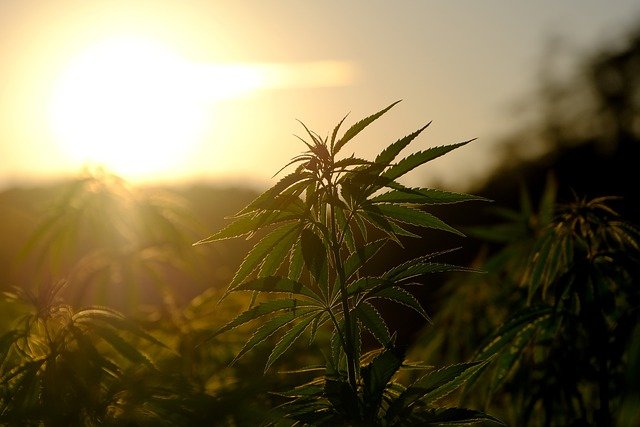In Arizona, a hot point of discussion for many is Proposition 207 on this year’s ballot. If it were passed, it would legalize marijuana in Arizona and allow for its recreational use, impose a 16 percent excise tax on marijuana sales, and allow the state to regulate licensing marijuana in Arizona and amend laws concerning marijuana possession and use.
It is important to be an informed voter and understand exactly what the impacts of proposed legislation is, so AZ Big Media spoke with Steve Cottrell, the president of Curaleaf Arizona, to discuss Prop 207 and what some of its impacts could be.
AZ Big Media: What is Prop 207? What exactly does it entail and how should people understand it?
Steve Cottrell: Prop 207, also known as the Smart and Safe Act, is an Arizona voter initiative that appears on the November 2020 ballot. If passed, it would allow the legalization and taxation of recreational cannabis for adult use throughout the state of Arizona. Specifically, it would allow adults 21 and older to purchase up to one ounce of cannabis and have up to six plants at their home. Adult-use cannabis products would be subject to state and local sales taxes, with an additional 16 percent excise tax, all of which will be deposited into the Smart and Safe Arizona Fund (SSAF) and used to improve community colleges, public safety, public transportation and more.
ABM: What would the impact be if Prop 207 is passed? What if it’s not passed?
SC: New Frontier Data estimates that Arizona has nearly 1.2 million cannabis consumers in total. If passed, Arizona’s legal adult-use market is projected to generate $341 million in revenue in its first year. While we can’t predict the upcoming state changes, we remain optimistic that the State of Arizona will evolve the marijuana program to serve both medical patients and adult-use customers. In fact, the Smart and Safe Arizona public survey conducted in April shows a 68 percent approval rate for adult use in the state of Arizona.

ABM: What are some potential economic impacts Prop 207 could have?
SC: Cannabis has become a mainstream health and wellness solution for people around the world, and we believe that cannabis can be a real solution to help local budget shortfalls in the wake of COVID-19. The estimated annual national market for cannabis is $50-$60 billion, with a projected 385,000 to475,000 jobs set to be created in the cannabis sector by 2023. New Frontier Data estimates that, if marijuana were legalized today, roughly 782,000 new jobs would be created, estimated to grow to 1.1 million by 2025. Federal legalization, it is estimated, would generate $131.8 billion in federal tax revenue between 2017 and 2025.
ABM: What are some things that could be funded from tax money collected from cannabis products?
SC: Once up and running, the Legislature’s budget staff projects that adult-use cannabis sales will raise $254 million in tax revenue per year. The money generated will be deposited into the Smart and Safe Arizona Fund (SSAF), the majority of which would be used to support community colleges, public safety, transportation, public health, and criminal justice programs.
ABM: What are some reasons people don’t want 207 to be passed? And what is your response to those opinions?
SC: While there are some concerns that K-12 schools won’t benefit from the tax money the state will receive as a part of Prop 207, it’s good news that community colleges will be supported by this money and I believe that will ultimately be a huge benefit to the Arizona education system.
Additionally, there has been some concern about how and if small businesses will be able to thrive within the new legislature. I’m excited that Prop 207 was designed with licenses designated specifically for social equity applicants. Right now, there are only 130 dispensaries in the state, and we’re looking forward to seeing increased patient and consumer access if Prop 207 passes, when we’ll increase to 160 licenses available in the state.
ABM: What challenges have kept previous propositions similar to 207 from being passed?
SC: In 2016, we lost the adult-use vote by 2,000 votes, which was an incredibly close race. This time around, several of the groups within the state that were opposed to the previous adult-use measure were brought in closer to the process. Those groups helped with the rule-making process and were engaged in the planning process from start to finish. This has allowed for a more balanced process than the previous adult-use propositions.




